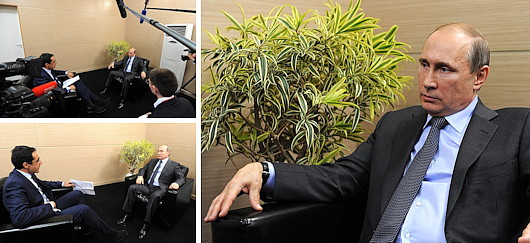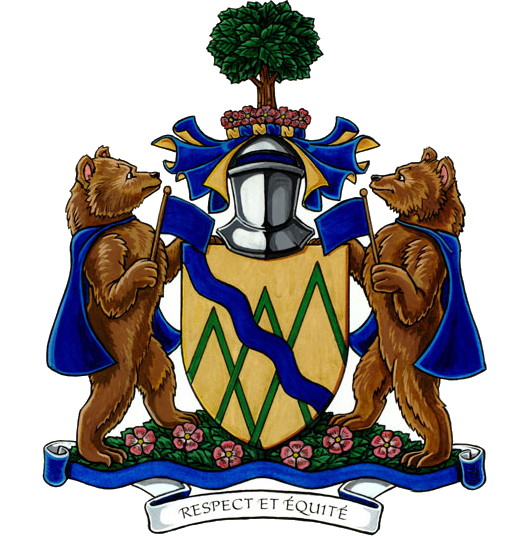2015 September
About Andrew Cusack
 Writer, web designer, etc.; born in New York; educated in Argentina, Scotland, and South Africa; now based in London.
Writer, web designer, etc.; born in New York; educated in Argentina, Scotland, and South Africa; now based in London. read more
News
Blogs
Reviews & Periodicals
Arts & Design
World
France
Mitteleuropa
Knickerbockers
Argentina
The Levant
Africa
Cape of Good Hope
Netherlands
Scandinavia
Québec
India
Muscovy
Germany
Academica
The End of Liberalism
Viktor Orban on the end of the liberal age and the threat to Europe
In a speech to supporters at the Fidesz party’s fourteenth annual Kötcse picnic, the Hungarian prime minister Viktor Orbán has claimed that the refugee crisis is a portent of the end of “the era of liberal babble”. The current “identity crisis” of liberalism, Orbán argued, presented both “huge risk” and “a new opportunity” to return to Christian and communal identities.
Mr Orbán said that the dominant liberal ideology had weakened Europe while preserving its wealth. “The most dangerous combination known in history is to be both rich and weak,” he argued. “It is only a matter of time before someone comes along, notices your weakness, and takes what you have.”
“The liberal philosophy is a result of a Europe which is weak and which also wants to protect its wealth; but if Europe is weak, it cannot protect this wealth.”
Mr Orbán also attacked the liberal imperialism of military intervention, asserting it has been based on fundamental hypocrisy and simplistic Manichean thinking: (more…)
April to September
Between the vernal equinox and its autumnal confrère tomorrow there has been perhaps an excess of fevered activity. Aside from the usual time in London, I have been in Amsterdam, the Wolds of Lincolnshire, the Essex seaside, the Pyrenees, Kent, Paris (much scrubbed up since my last stay), Chartres, Oxford, Hertfordshire, Buckinghamshire, Lebanon, Midlothian, Connacht, and Norfolk. And before Christmas I should have two trips to Rome.
Regardless, here are just a few photos from the past six months, arranged in roughly chronological order and lightly explained, in order to keep you up to speed. (more…)
Putin: ‘I’d really like to see Europe show some real independence and sovereignty’
‘Europe is facing a specific problem: an influx of immigrants’ the Russian president asserts in an interview for Swiss television

Here are a few excerpts from the interview, dealing with (among other issues) the balance of power, independence and sovereignty in Europe, and relations with the United States.
Vladimir Putin: Bonsoir.
Vladimir Putin: This is done by dishonest and inattentive people. The process of starting a new arms race began from the moment of the United States’ unilateral withdrawal from the ballistic missile defence treaty. Because this agreement was a cornerstone for the entire international security system. And when the United States withdrew from it and began to create a missile defence system as part of its global strategic weapons system, we immediately said: we will be obliged to take reciprocal steps to maintain a strategic balance of power.
I want to say something very important: we are doing this for ourselves, to ensure the security of the Russian Federation, but we are also doing it for the rest of the world, because this strategic stability ensures the balance of power.
Vladimir Putin: My mother and father. My brother, whom I never met, died here during the seige.
Vladimir Putin: I hope not. But I would really like to see Europe demonstrate some real independence and sovereignty and be capable of defending its national interests, the interests of its people and its nations. […]
Vladimir Putin: […] Participation in any military and political organisation or bloc is associated with the voluntary renunciation of a certain share of one’s sovereignty.
I think that at the time, France withdrew from NATO to preserve its sovereignty more than it is possible within the framework of a military bloc. It is not our business to analyse European nations’ foreign policy. But I think you’ll agree that if we need to discuss intra-European affairs with European partners in Washington, it is not very interesting.
Vladimir Putin: I think that this is not so much support for me as the realisation of national interests as the political parties see them.
There are certain tectonic changes underway throughout the world and in Europe within the public consciousness, which are aimed at defending national interests. You must understand that right now, Europe is facing a specific problem, an influx of immigrants. And did Europe make the decision that ultimately led to this situation? We need to be sincere and honest: these decisions were made across the ocean, but Europe must deal with the problem.
Vladimir Putin: Of course. This is just one example, but there are many. But this does not mean – and I already said this – that we should somehow demonise US policy; that is not my goal. They are conducting their policy as they see necessary in their interests.
We must strive to find a balance of interests; we need to invigorate our work, give new momentum to the work by the UN Security Council. The US is certainly a great power and the American people created this nation over several centuries, it is simply an amazing result. But that does not mean that today’s US authorities have the right to travel throughout the world and grab anyone to drag back to their prison or act from a position of “anyone who is not with us is against us.”
We need to be patient and work with our American colleagues to find solutions, the way we have in some areas of our cooperation, such as with the Iranian nuclear issue.
[…]
Vladimir Putin: After our interview, do you think I am mad?
Vladimir Putin: This is part of political struggle; it has been part of my life for quite a number of years. I try not to pay too much attention to it. I simply do what I think is necessary in the interests of my country and my people.
It is not in Russia’s interests to be in confrontation with other countries, but sometimes we are forced to protect our interests, and we will undoubtedly continue to do so. However, we will seek solution not in confrontation, particularly military confrontation, but in finding compromise and mutually acceptable solutions.
With your help I would like to address not those who criticise me, but those who support me. I would like to thank them for their support and tell them that we will continue moving ahead together. Above all, I am referring not to those who portray me [as Stalin], but to those who sympathise with what we are doing and agree with it deep inside.
Merci beaucoup.
Caped Bear Cubs in Canadian Arms

As my sister was educated (or something to that effect) by Ursulines, a recent addition to Canada’s Public Register of Arms, Flags, and Badges caught my attention. The Queen of Canada granted a coat of arms to the Quebec municipality of Sainte-Angèle-de-Mérici in 2013 (pictured above).
The shield of the arms features three chevronels represent the mountains surrounding the area while their number reminds us that Sainte-Angèle-de-Mérici is a municipality formed from two townships — Cabot and Fleuriault — and the single seigneury of Lepage-et-Thivierge. The wavy blue stripe represents the Mitis River, while gold symbolises the agricultural industry of the Sainte-Angèle-de-Mérici.
The charming aspect are the supporters: two bear cubs. St Angela Merici was the founder of the Ursulines — the Order of St Ursula — and ‘Ursula’ is Latin for ‘little female bear’.
“The bear also symbolizes bravery, thus signifying St. Angela Merici’s martyrdom,” the Canadian Heraldic Authority further explains. “The cloak is one of her traditional attributes. The flags (drapeau in French) honour Angèle Drapeau (1799-1876), the youngest daughter of Seigneur Joseph Drapeau and benefactor of the municipality.”
Search
Instagram: @andcusack
Click here for my Instagram photos.Most Recent Posts
- Sag Harbor Cinema March 26, 2025
- Teutonic Takeover March 10, 2025
- Katalin Bánffy-Jelen, R.I.P. March 3, 2025
- Substack Cusackiensis March 3, 2025
- In the Courts of the Lord February 13, 2025
Most Recent Comments
Book Wishlist
Monthly Archives
Categories


